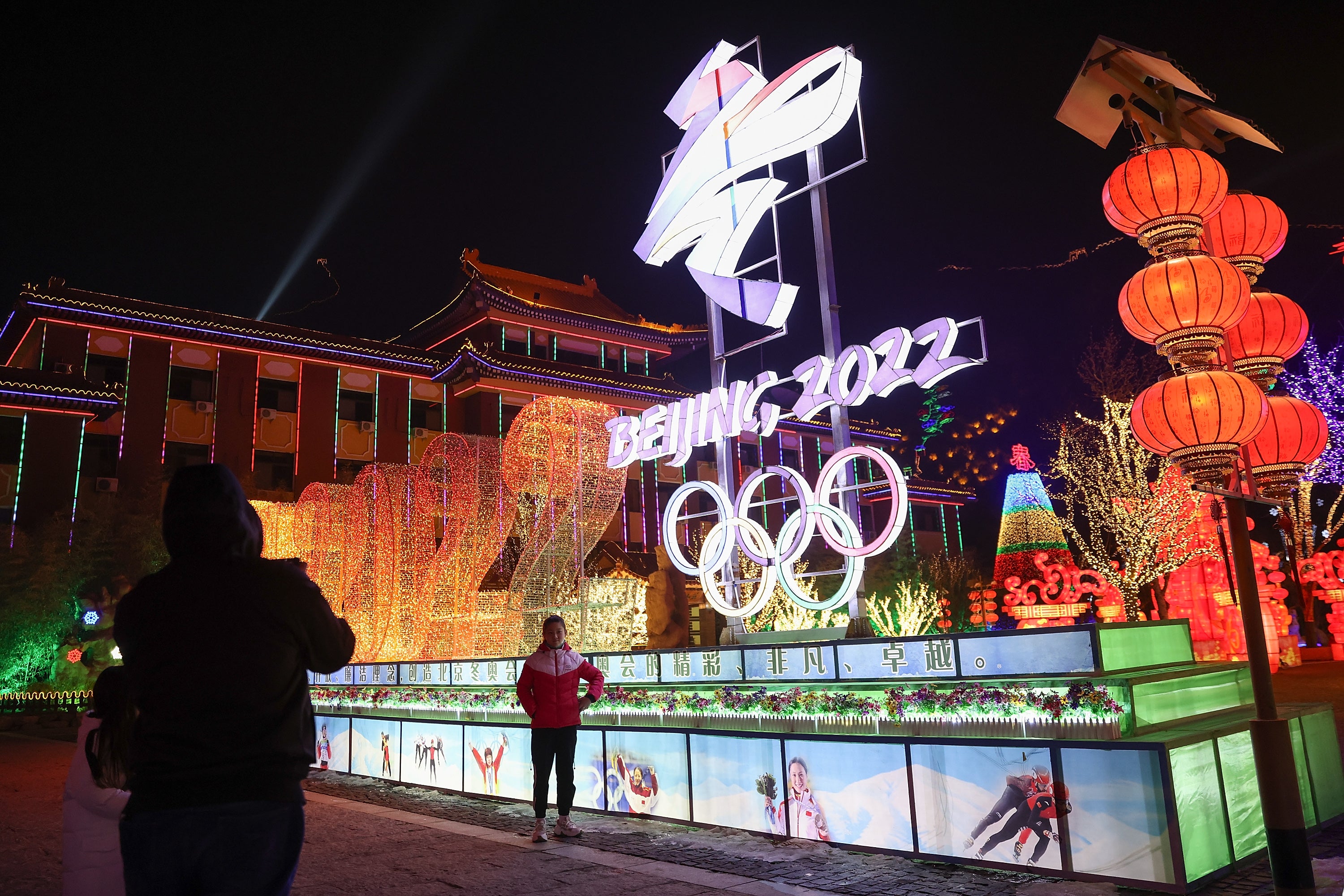China concerned about impact of omicron Covid variant on Winter Olympics
China are worried about the new variant’s impact

Your support helps us to tell the story
From reproductive rights to climate change to Big Tech, The Independent is on the ground when the story is developing. Whether it's investigating the financials of Elon Musk's pro-Trump PAC or producing our latest documentary, 'The A Word', which shines a light on the American women fighting for reproductive rights, we know how important it is to parse out the facts from the messaging.
At such a critical moment in US history, we need reporters on the ground. Your donation allows us to keep sending journalists to speak to both sides of the story.
The Independent is trusted by Americans across the entire political spectrum. And unlike many other quality news outlets, we choose not to lock Americans out of our reporting and analysis with paywalls. We believe quality journalism should be available to everyone, paid for by those who can afford it.
Your support makes all the difference.China says the omicron variant of the coronavirus is a concern for organizers of the Beijing Winter Olympics but it remains confident the games will be held as scheduled in February.
The new variant is the latest challenge facing the games, which have taken criticism over the lack of natural snow in the Chinese capital, the country’s human rights record, and tennis star Peng Shuai’s recent accusations of sexual assault against a former top leader of the ruling Communist Party.
At a daily briefing on Tuesday, Foreign Ministry spokesperson Zhao Lijian said omicron would “certainly bring some challenges in terms of prevention and control.”
“I’m fully confident that the Winter Olympics will be held as scheduled, smoothly and successfully,” Zhao said, citing China’s experience in largely controlling widespread infections since the pandemic began in the central city of Wuhan in late 2019.
China maintains some of the world’s strictest anti-virus travel restrictions and has said it will not allow overseas spectators at the games.
Athletes, staff and journalists will be confined to bubbles for the duration of the competition, which will take place at three far-flung locations in downtown Beijing, its suburb of Yanqing, and neighbouring Hebei province.
Along with logistical and health concerns, China faces the prospect that the U.S. and other Western democracies will decline to send government officials to the games in protest over China’s treatment of Turkic Muslim Uyghurs and other minority groups, along with civil society and human rights activists.
Politicians, the WTA and leading tennis players have also raised concerns about the safety of three-time Olympian and former top-ranked doubles player Peng, who publicly accused Zhang Gaoli, a former member of the party’s Politburo Standing Committee of coercing her into sex three years ago.
Join our commenting forum
Join thought-provoking conversations, follow other Independent readers and see their replies
Comments